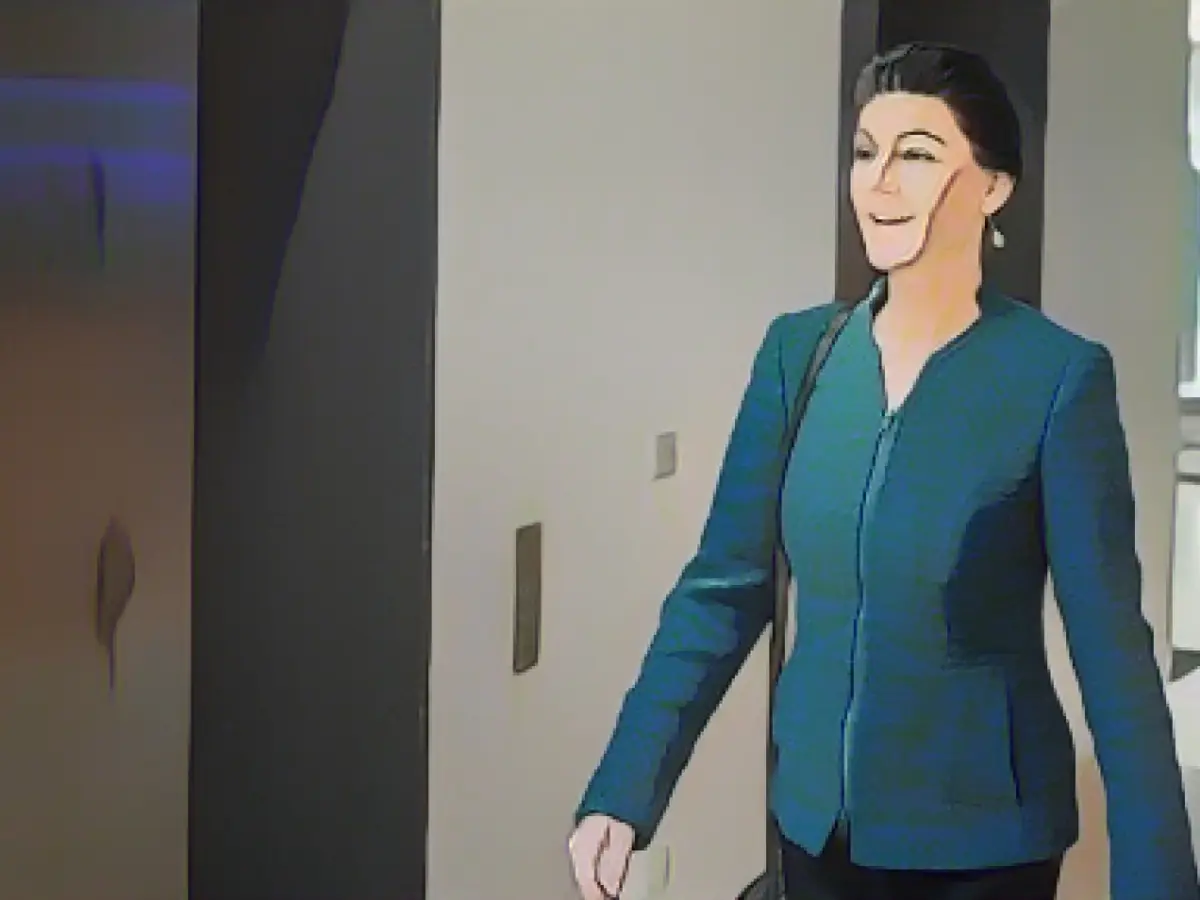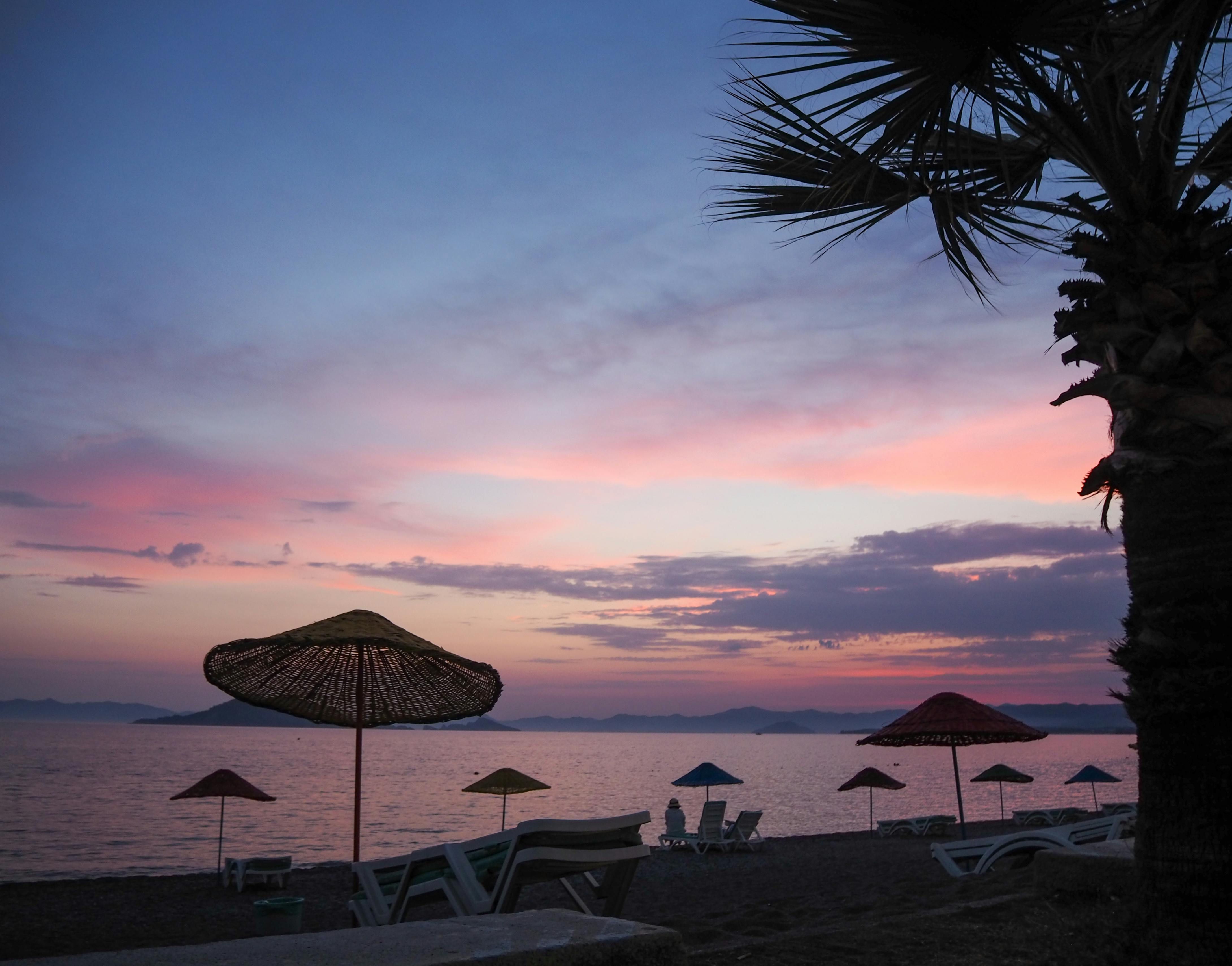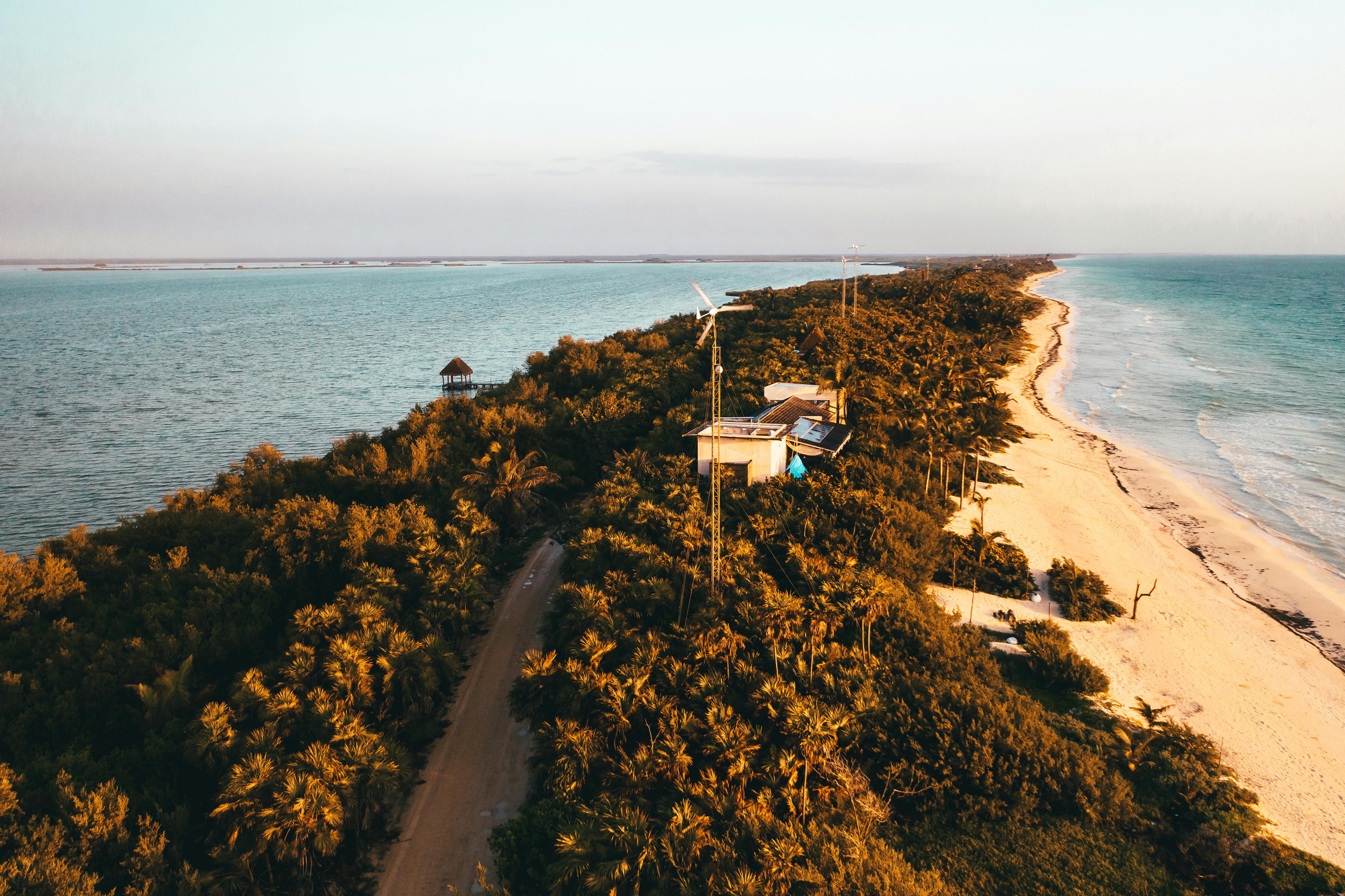In the quaint town of Sonneberg, nestled in the heart of Thuringia, an exciting development unfolded. In a bold move, a group of passionate individuals decided to form an association aimed at bolstering the Sahra Wagenknecht Alliance (BSW), a fresh political entity that's been making waves in the German political landscape.
The association's founding members include individuals who've previously lent their support to the Social Democratic Party (SPD) and Die Linke. With a district association set to emerge shortly after the planned party foundation in January and local election campaigns on the horizon, the supporters in Sonneberg are gearing up for an active year.
Jürgen Reiche, a seasoned political figure, has been elected as the association's chairman, while Peter End takes on the role of deputy. Brigitte Matthes and René Hähnlein have been appointed assessors, and Leon Fellmann will serve as the treasurer. Furthermore, the committee has named Hähnlein as their press spokesperson.
Anticipating a surge in activities, the association plans to open a citizens' office at the end of January. The goal is to galvanize support and drum up enthusiasm for the BSW in advance of the formal party foundation and the local election campaigns.
The Sahra Wagenknecht Alliance is no simple upstart. It's the brainchild of long-time Left Party (Die Linke) politician Sahra Wagenknecht and a group of disillusioned colleagues who left the party in October 20XX. While Die Linke initially expressed opposition to the new project, the BSW managed to carve out a space for itself within the German political spectrum.
Fueled by the discontent among voters regarding the established parties, the BSW has made a name for itself by forging strategic alliances. It's currently engaged in a coalition with conservative parties in both Thuringia and Brandenburg, helping to elevate the party's influence in local politics.
However, the BSW has not been without controversy. Critics assert that the party's policies leaning towards Euroscepticism, stricter migration controls, and perceived alignment with Russian politics, mirror those of established parties like the CDU, particularly the CDU's conservative ideologies.
Despite critics' objections, the BSW has demonstrated strong support in local elections. In the Thuringian state elections, they captured nearly 16% of the vote, placing them third behind the right-wing AfD and the CDU. These numbers show a clear appetite for change among voters who are discontent with the status quo.
As the BSW continues to make its mark on the political stage, its supporters in Sonneberg will undoubtedly play an essential role in shaping the party's future. By forming an association, these individuals are investing in the BSW, providing a much-needed boost in a political landscape where traditional parties may be failing to meet the needs of a changing populace.








